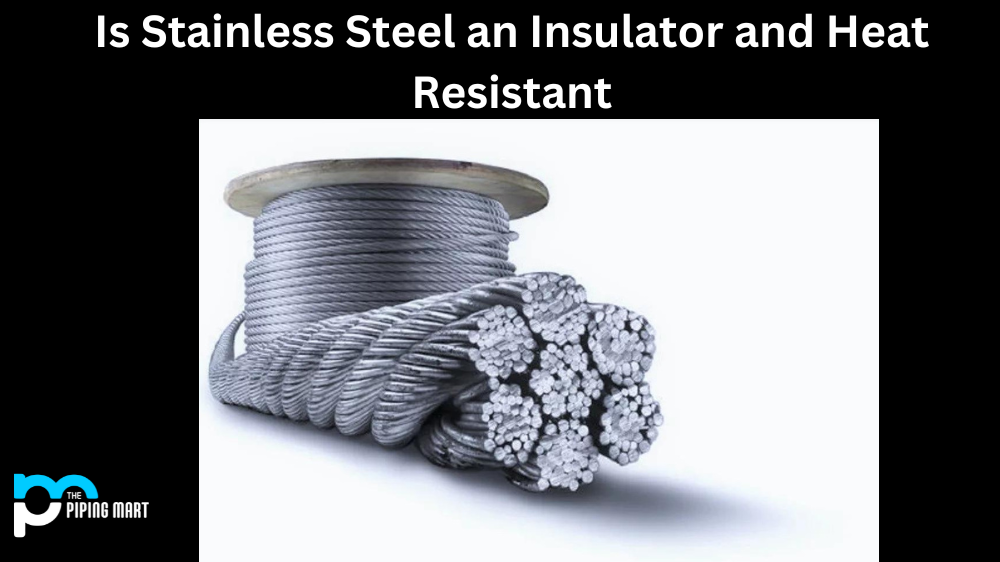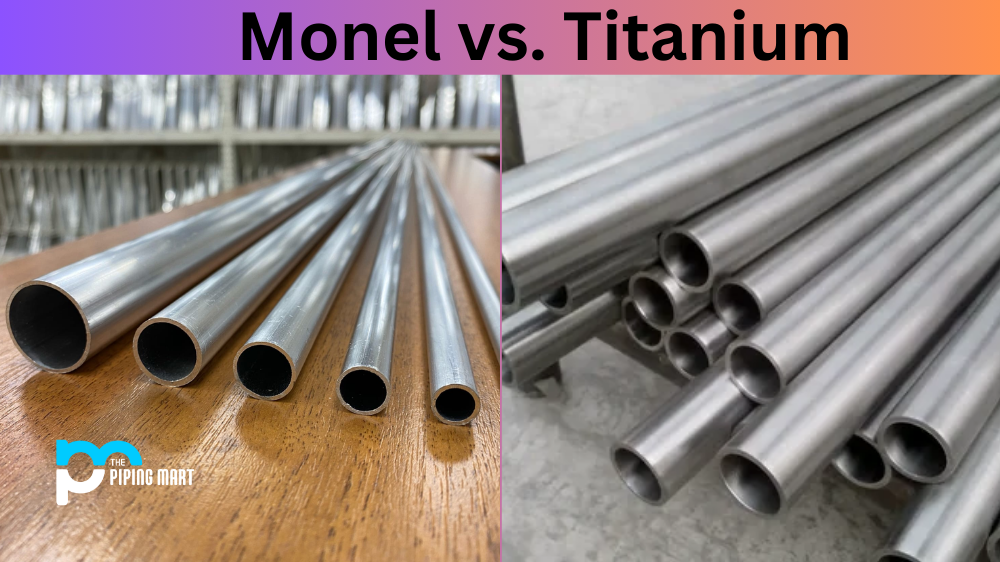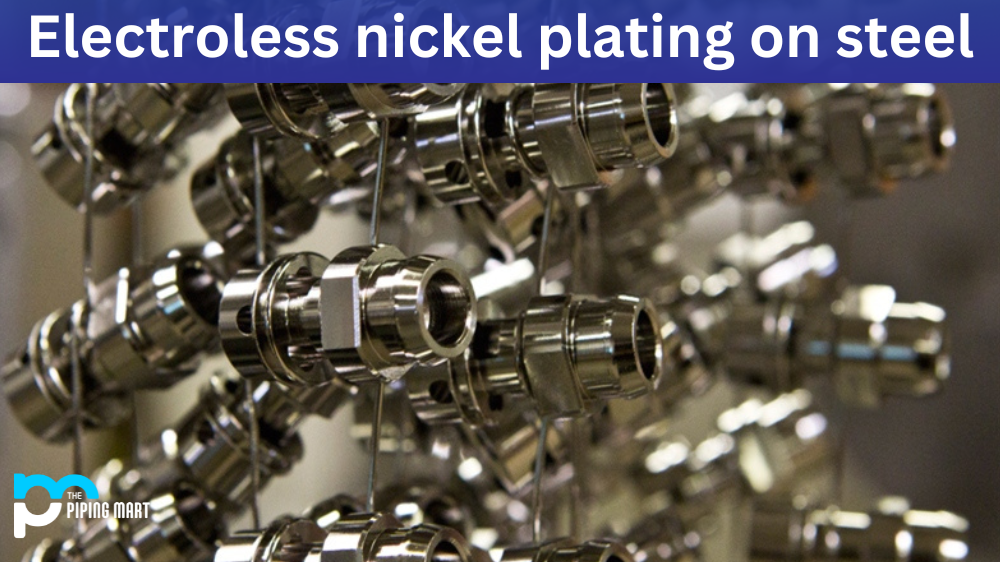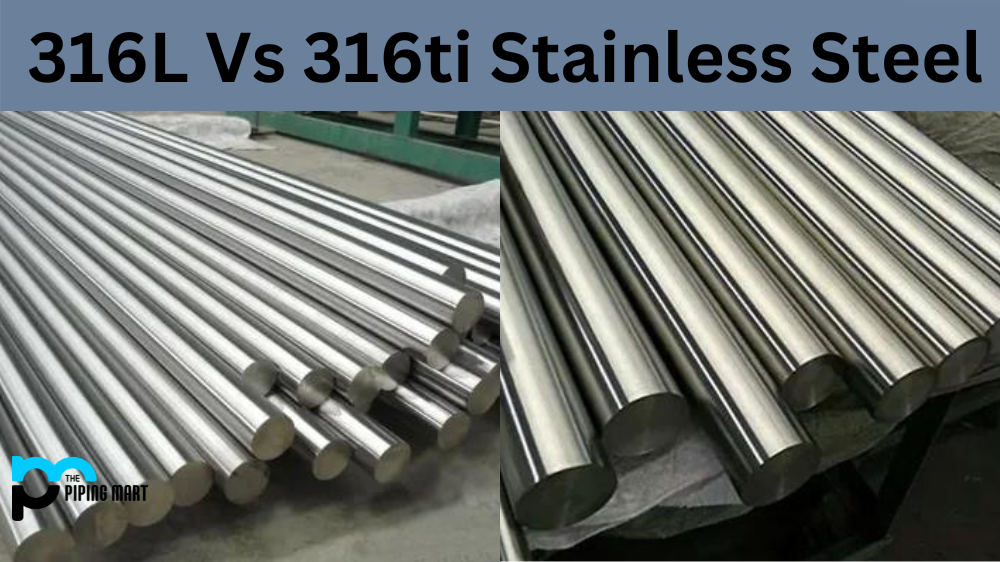The answer to the question of whether stainless steel is an insulator may surprise you. On the surface, stainless steel looks like a metal that would conduct heat and electricity quite well. However, in reality, it behaves differently depending on the environment in which it is used. Let’s take a closer look at why stainless steel can be insulator and heat-resistant.
Is Stainless Steel a Good Insulator?
Stainless steel can be an effective insulator when it is exposed to high temperatures or when it is exposed to hot environments for long periods of time. This is due to its high thermal conductivity. In other words, stainless steel can absorb heat energy and store it within its molecular structure, making it difficult for heat to escape from the material’s surface. As such, stainless steel can be used in applications where insulation is required, such as when using a hot water bottle or cooking with a double boiler.
Is Stainless Steel Heat Resistant?
The answer to this question depends on what type of stainless steel you use and the application for which you use it. Generally speaking, most stainless steel grades have good corrosion and oxidation resistance at elevated temperatures. This means that they will not corrode or rust even when heated or exposed to extreme temperatures for long periods of time. In addition, certain stainless steel grades can also resist extreme temperatures up to 2000°F (1093°C) without suffering any significant damage or loss of formability and strength over time—making them ideal for applications that require heat resistance, such as furnace linings or exhaust systems.
Conclusion:
Stainless steel can be both an insulator and a heat-resistant material, depending on the environment in which it is used. It has excellent thermal conductivity properties, which makes it effective at absorbing and storing heat energy, making it ideal for insulation applications such as hot water bottles or double boilers. Additionally, certain grades of stainless steel possess excellent resistance to corrosion and oxidation even under extreme temperatures—making them highly suitable for furnace linings or exhaust systems where high levels of heat resistance are required over extended periods. Understanding how different types of stainless steel behave under other conditions will help website owners make more informed decisions about their choice of materials when building their business’s digital presence.

Pipingmart is a B2B portal that specializes in metal, industrial and piping items. Additionally, we share the latest information and information about materials, products and various types of grades to assist businesses that are involved in this business.




